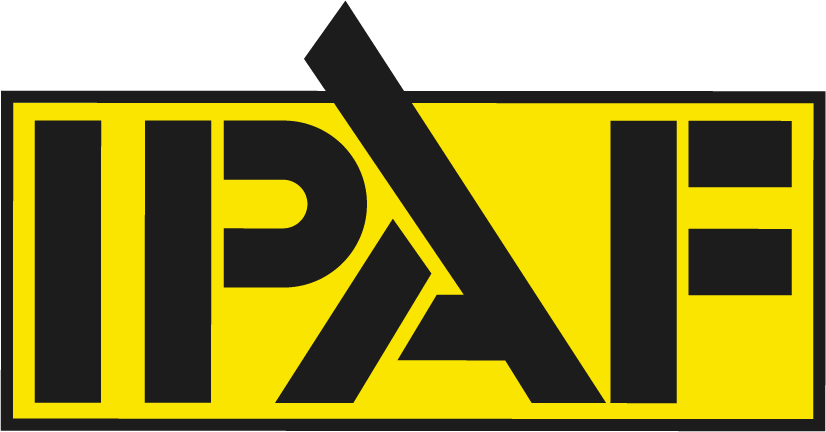When it comes to the hierarchy of accidents in the workplace, working at height has the ignominy of consistently ranking as the number one cause. Over recent years concerted efforts have been made to address this, but it remains a major issue and one which only training across the board, for employees and managers alike can address.
The two major accreditors of working at height training in the UK are PASMA and IPAF, both industry standard and responsible for overseeing a wide range of exceptional training courses in the UK.
In terms of the kinds of businesses that need to ensure that their employees and managers are trained in safe working at height, it’s a case of how long is a piece of string. However, the industries most at risk tend to be the building trade, telecommunications, roadwork operations, decorating and window cleaning and warehouse operations. Of course there are multiple other industries that are affected. There are training courses for managers that help them understand the risks of a particular site in particular conditions and how to plan to make sure best practice is adhered to. In some ways this is just as important as ensuring those actually up on a big cherry picker are fully trained.
Ensuring that employees are fully trained is inarguably the first step towards risk mitigation. You can give everyone the top of the line Personal Protective Equipment, but if they don’t understand when conditions make it too risky to even attempt working at height, such items can be utterly useless. Before looking at all of the more specific and in some ways selfish reasons why training is important it is vital to bear in mind that according to the Health and Safety Work Act of 1974, all employers have a duty of care to ensure all employees and visitors to their premises are kept safe.
It may seem blindingly obvious, but the better trained employees are in safety procedure, the easier it is for them to focus on their jobs and become more productive. Jobs will take up less time and become more streamlined. While the initial outlay for training programmes may seem costly, employers can reap the rewards in many ways. In fact, money can be saved in the long run. Imagine the legal fees, reputational damage and fines that could be incurred should an employer be found to be at fault or negligent after a fatal accident? Yes, there should be a moral obligation, but even the hardest of business noses should appreciate the potentially damaging financial implications. It is also worth noting that contracts are starting to be withheld from under-trained organisations as it is not worth the risk of any negative publicity an accident could bring.
Finally, everyone wants to work in a happy working environment and studies show that when employees are confident in their safety and ability to adapt to different working conditions they are much happier in their roles, leading once again to better productivity and morale.



